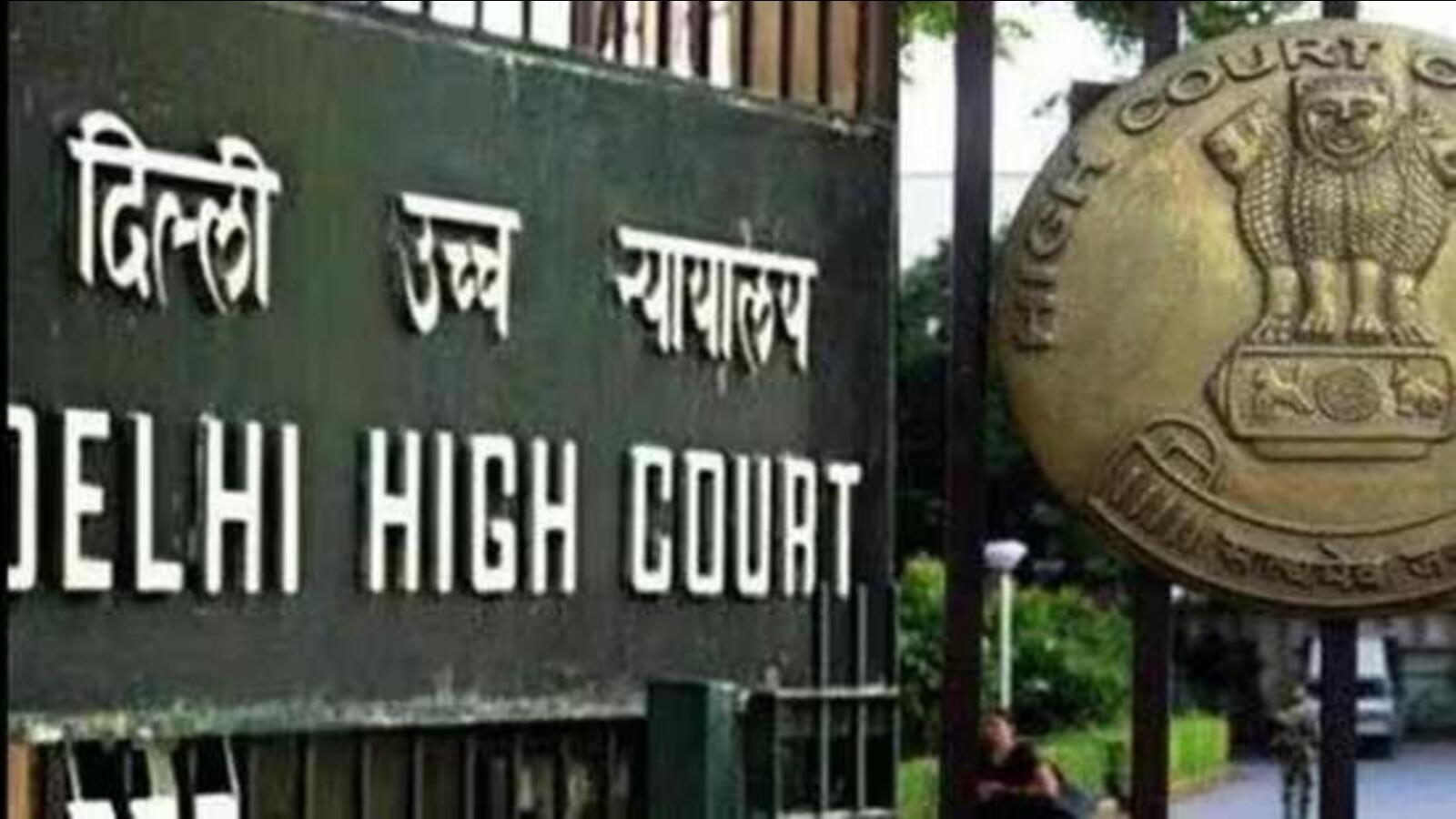. The court’s ruling came in response to a case where a man was convicted of raping a woman after falsely promising to marry her. The judge emphasized that in such cases, it is essential to prove that the accused had no intention of marrying the victim at the time the promise was made. The court also highlighted the importance of considering the circumstances surrounding the promise of marriage, including the length of the relationship and the behavior of both parties. The ruling serves as a reminder that consent obtained through fraudulent means, such as false promises of marriage, does not constitute valid consent. This decision is significant in the context of India’s legal landscape, where cases of rape under false pretenses of marriage have been on the rise. It underscores the need for clear and convincing evidence to establish the guilt of the accused in such cases. The court’s stance aims to protect the rights of victims and ensure that perpetrators are held accountable for their actions. This ruling sets a precedent for future cases involving similar circumstances and sends a strong message that the judiciary takes such crimes seriously. It also serves as a deterrent for individuals who may seek to exploit others through false promises and deceitful tactics. Overall, the Delhi high court’s decision marks a step forward in the fight against sexual violence and upholds the principles of justice and accountability.

Posted in
DELHI
Delhi High Court: Rape conviction for false marriage promise requires strong evidence of bad faith.
In Trend

“Nervous Thief’s Actions Lead to ₹1.56 Crore Cash Recovery in Mumbai; Two Arrests Made, One Suspect at Large”


















